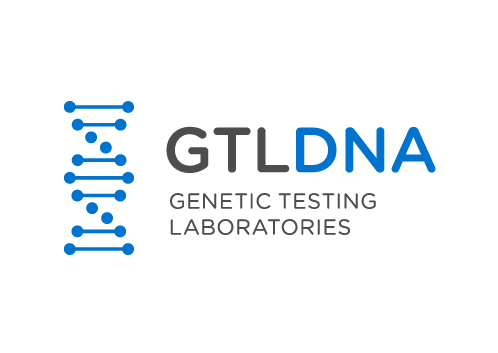Many aspects of our daily lives have undoubtedly been affected by the Covid-19 pandemic. For starters, many companies have pivoted into remote operations, allowing most of their employees to work from home (WFH).
Clearly, a lot of companies are already going through critical changes that could have significant impacts on their operations and revenue. Beyond the surface-level issues that companies are dealing with, there is another trouble brewing regarding employment drug testing policies.
After the pandemic, many companies are forced to change their drug testing policies. First, the act of drug testing itself became questionable as issues about social distancing, safety, and the wearing of personal protective equipment were raised. While many healthcare clinics that perform drug tests report to be well prepared to manage these risks, employees still need to be prepared to obey strict pandemic protocols.
But aside from the obvious changes and challenges with work drug testing, the dramatic shift to remote work increased the risk of employees taking drugs and alcohol, especially for those people not used to staying home. In fact, compared to this time last year, there has been a 55% increase in alcohol consumption, which is attributed to the increased economic and health-related stresses.
While not formally documented, it is highly possible that drug use has increased as well for the same reasons. Another factor is that the prolonged quarantine made it harder for employees to resist using drugs.
In order to make sure that alcohol consumption and drug use does not impact the workplace any further, it is a must for companies to adhere to their regular drug testing guidelines. It is also crucial to remind employees that the drug and alcohol policies remain in effect despite the changes in work operations.
Drug Testing Guidelines During the Pandemic
Government agencies such as the Department of Transportation (DOT) have published official guidelines for work drug testing during the pandemic. Aside from the usual protocols, they also gave advice on what should be done in the event that a random drug and alcohol testing is impossible to conduct. They also released guidelines on how to document situations of delayed or refused tests because of COVID-19-related health concerns.
Even before the pandemic, dealing with employees who are hesitant or who flat out refuse to take a test has always been tricky. DOT, however, establishes that the main protocol for test refusal should remain the same, giving companies the freedom and responsibility to evaluate the specific circumstances surrounding the refusal.
In addition, employees who are put on furlough cannot be required to undergo a drug test while they are not working. However, employees who had been laid off for longer than three weeks are required to get a pre-employment DOT drug test when returning to work.
With all these in mind, despite all the changes occurring in the “new normal,” one thing that essentially remains the same is the intolerance of drug use, especially in the workplace. In other words, if you need to work, you need to undergo a drug test.
Related Articles:
- DNA Paternity Testing UK: Celebrity Cases
- Get a DNA Test from Genetic Testing Laboratories
- Ministry Of Justice Accredited DNA Paternity Testing- Basic Information
